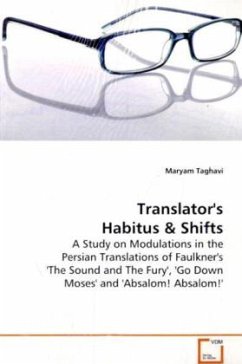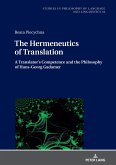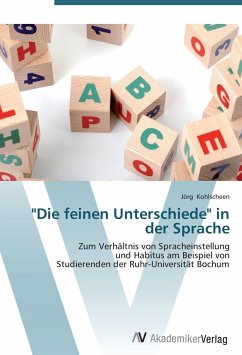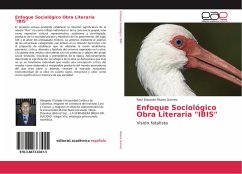In this book, the Fundamental issue of translator's
habitus (Bourdieu 1990) has been explored with
reference to the descriptive exlanatory interpretive
hypotheses about the translator's text production
activity while taking up John B. Thompson's
synthetic translation of the concept of habitus
(1991). The knowledge underlying such hypotheses
will be accumulated from the study of culturalist
approaches to the translator's activity. It is
argued that within the cultural-semiotic nature of
the translating activity involving communicative
turbulence (Hatim and Mason, 1991), shifts and in
turn modulations turn into a natural condition of
the translating activity.
Based on the analysis of actual translations from
the domain of English-Persian literary translation,
the concept of modulation and it's three types-
namely; obligatory, optional and stylistic
modulations, are identified redefined.
Moreover, translator's habitus and the treatment of
translation norms in a particular community are
approached from a new perspective.
habitus (Bourdieu 1990) has been explored with
reference to the descriptive exlanatory interpretive
hypotheses about the translator's text production
activity while taking up John B. Thompson's
synthetic translation of the concept of habitus
(1991). The knowledge underlying such hypotheses
will be accumulated from the study of culturalist
approaches to the translator's activity. It is
argued that within the cultural-semiotic nature of
the translating activity involving communicative
turbulence (Hatim and Mason, 1991), shifts and in
turn modulations turn into a natural condition of
the translating activity.
Based on the analysis of actual translations from
the domain of English-Persian literary translation,
the concept of modulation and it's three types-
namely; obligatory, optional and stylistic
modulations, are identified redefined.
Moreover, translator's habitus and the treatment of
translation norms in a particular community are
approached from a new perspective.








